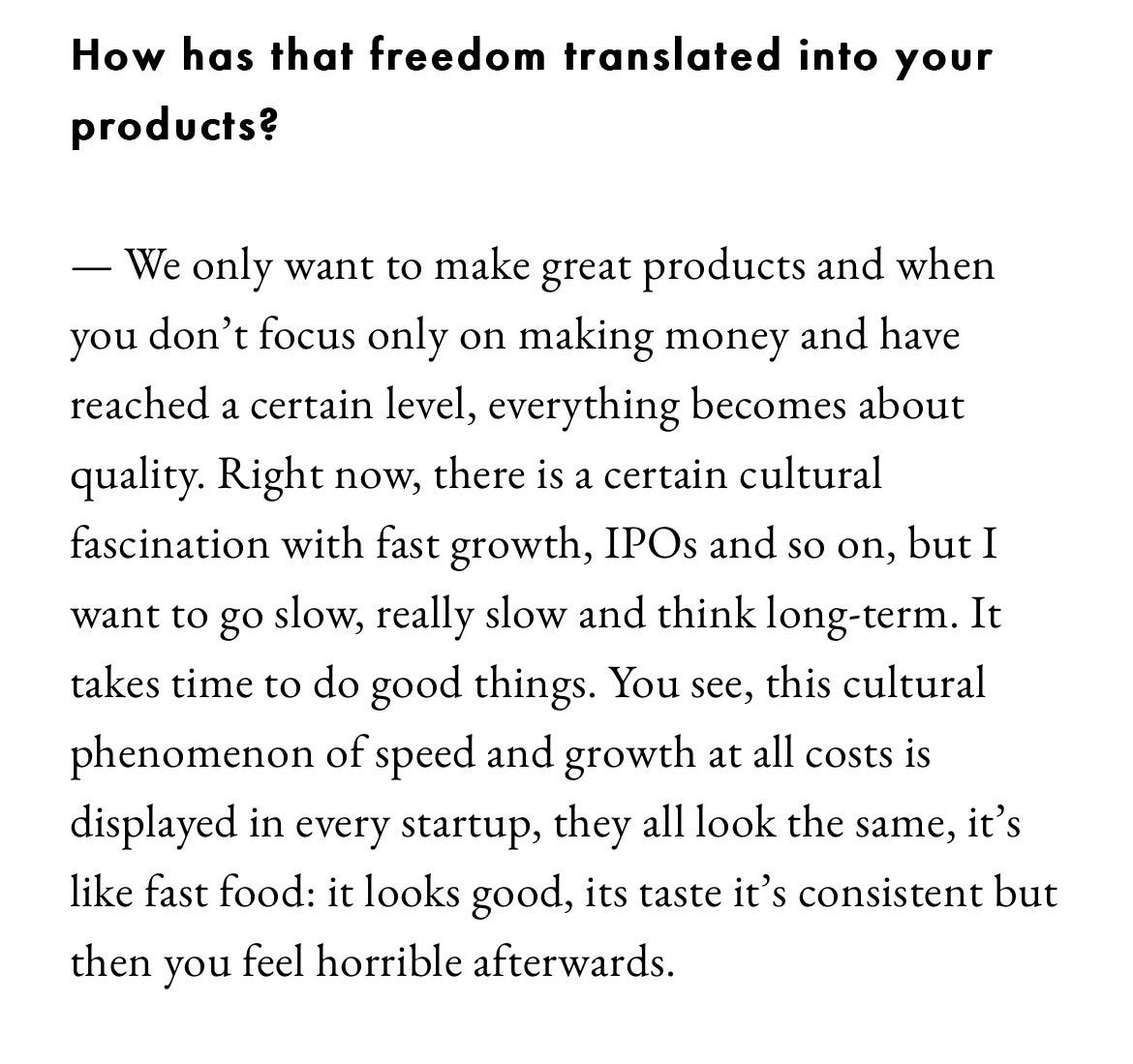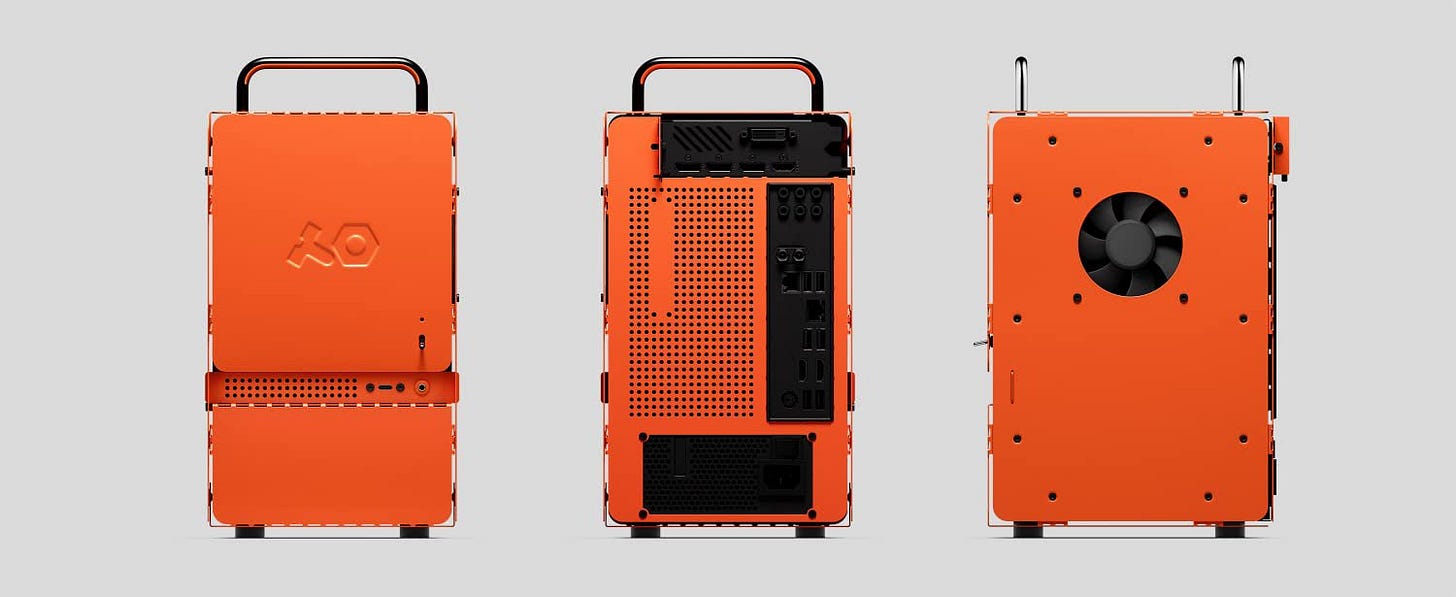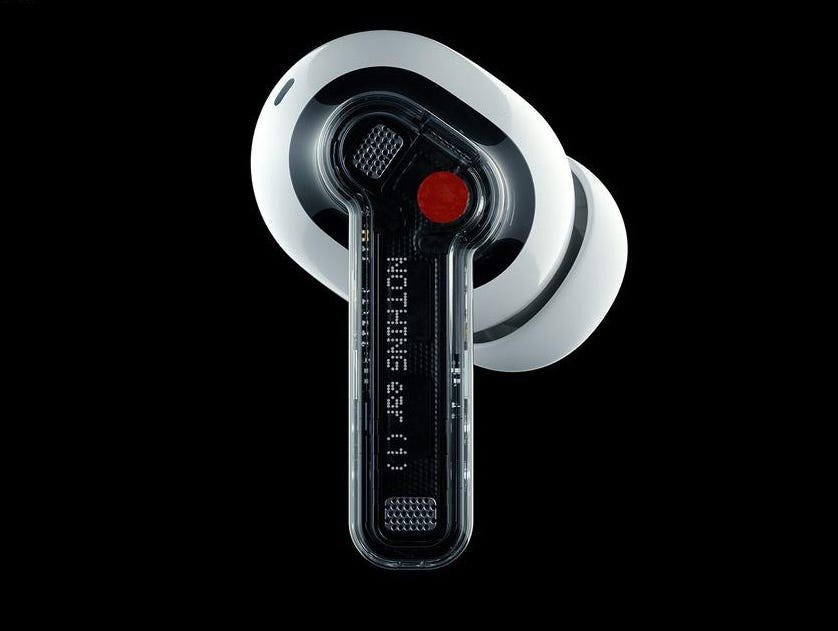A Short History of Carried Interest
From Medieval Venice to Silicon Valley
Hi folks, Patrick Ryan here from Odin. We are building a better way to invest together. We’ve started with tooling that lets anyone, anywhere raise money from their network. Founders, angel syndicates, and VC’s use Odin to raise capital and manage their investor communities.
We take care of legal stuff (SPV’s, carried interest), KYC & AML, regulatory, payment flows and everything in between.
Picture the scene.
The year is 1473.
Location: the bustling maritime republic of Venice.

You are a young, ambitious shipping merchant, and the captain of the Dolce Vita (sorry, Italian boat names is not my specialty).
Your job is to head east and bring back pepper, cinnamon, nutmeg and silk, from Constantinople. The Ottomans, in their turn, have brought these goods along the Silk Road, all the way from China and India - a three to four month journey of over ten thousand kilometres. They are incredibly exotic products, hard to come by in Europe, and they will be worth several times their weight in gold when you get home.
You have, however, one small problem: you’re skint.
Before you leave, you want to purchase Italian goods (wine, art, fine handicrafts) to sell when you get to Constantinople. You also want extra cash to buy as many spices and as much silk as the Dolce Vita will hold, before you sail home victorious to Venice.
In your infinite wisdom, you decide to ask some rich people for money.
Now let’s be clear. The risk you are going to take is significant. The return journey will take you a month or more, and you will cross potentially treacherous waters, in a wind-powered wooden ship. You’ll be at the mercy of the elements, and you will also have to contend with pirates, plus no end of diseases.
It is going to be quite the (ad)venture, and the chances of failure are pretty high.
But the potential profits are huge.
Remind you of any present-day industry?
The first investor you approach (let’s call her Mrs Medici) is keen to invest. Now comes the question of how you split the profits.
You propose that she pays you a lump sum up front in addition to a salary for the voyage. This compensates you fairly for the risk you are taking, and ensures your family is looked after if anything goes wrong.
But this doesn’t work for her. If the ship indeed sinks or is captured by pirates, all her cash ends up in Davy Jone’s Locker and she has subsidised your family’s lifestyle purely out of charity.
Mrs Medici proposes an alternative: she will pay you 20% of the profits from the goods that you carry back from Constantinople, once you’ve sold them in Venice.
This way, you only make money if she makes money.
Thus, carried interest - often known simply as carry - was born.*
Nowadays, carried interest is the main way that fund managers and angel syndicate leads get paid for their work. In short, it’s a share of the profits from a fund or SPV investment.
Carry is designed to align the incentives of the fund manager / syndicate lead and investors, producing win/win outcomes.
This is exactly how it worked for merchants and investors in medieval Venice.
It has barely changed in over 500 years.
*Interestingly, carried interest was one of a raft of financial innovations to come out of the merchant republic of Venice and the surrounding Italian maritime states, during the Renaissance. Others include: double-entry accounting methods; limited liability joint stock companies; debt markets (especially bills of exchange); secondary markets for a wide variety of debt, equity, and mortgage instruments; bankruptcy laws that distinguished illiquidity from insolvency; business education (including the use of algebra for currency conversions); deposit banking; and a reliable medium of exchange (the Venetian ducat).
You can read more about it here if you want to really nerd out.
I like this story. It is an excellent reminder that the fundamentals of doing business do not change much over time.
The risks are obviously not the same - no VC is risking death for a nice carry payout as far as I know - but the basic rules are identical:
Buy low, sell high, and align incentives with your partners.
It has been easy to ignore these sorts of things in the last 10 -15 years. Perhaps for longer. Thanks to the current market environment, people are now waking up a bit. You can’t invest in dumb ideas that don’t make money at crazy valuations any more and get away with it. And it is getting much harder to raise a VC fund in general.
I think we will probably see more SPV’s and deal by deal as a result (good news for Odin), with emerging managers proving out track record and building trust with investors before they get the opportunity to go all in.
Whilst it will be a tough time for these new managers, I suspect there will be very good returns from this time period. Founders and emerging managers alike will be lean and hungry - usually a recipe for success.
Most of the angel syndicates we support at Odin don’t charge fees. This means as a lead, you really you have to think hard about deal quality and exit probability to make the work worthwhile.
I’ve always thought the management fees funds charge are too high, and that this is not good for incentive alignment. Even when they are smaller, many partners are still making several hundred grand a year before they’ve turned a penny of profit. Madness. I’m fascinated to see how a world of more deal by deal and lower fees affects returns.
If you do the job well, in the long term it can actually be a much more profitable way to do venture.
Best of the Internet
Apps
Health and Safety
Are you not entertained?
Murray is 35 years old and has a metal hip. Kokkinakis is 26 (in his physical prime as a male athlete). Murray went on to win three straight sets and take this match, coming back from two sets down.
Go Slow
I like this quote from Jesper Kouthoofd, CEO of Teenage Engineering (TE), a Swedish company that build beautiful, critically acclaimed hardware for music lovers (see images further down).
TE recently came on board at Carl Pei’s Nothing as design partners.
That’s it for today. As always your thoughts, comments and feedback are welcome!
PR
Risk Warning
Investing in start-ups and early stage businesses involves risks, including illiquidity, lack of dividends, loss of investment and dilution, and it should be done only as part of a diversified portfolio. Odin is targeted exclusively at investors who are sufficiently sophisticated to understand these risks and make their own investment decisions. You will only be able to invest via Odin once you are registered as sufficiently sophisticated. This content is for informational purposes only and should not be considered investment advice.











